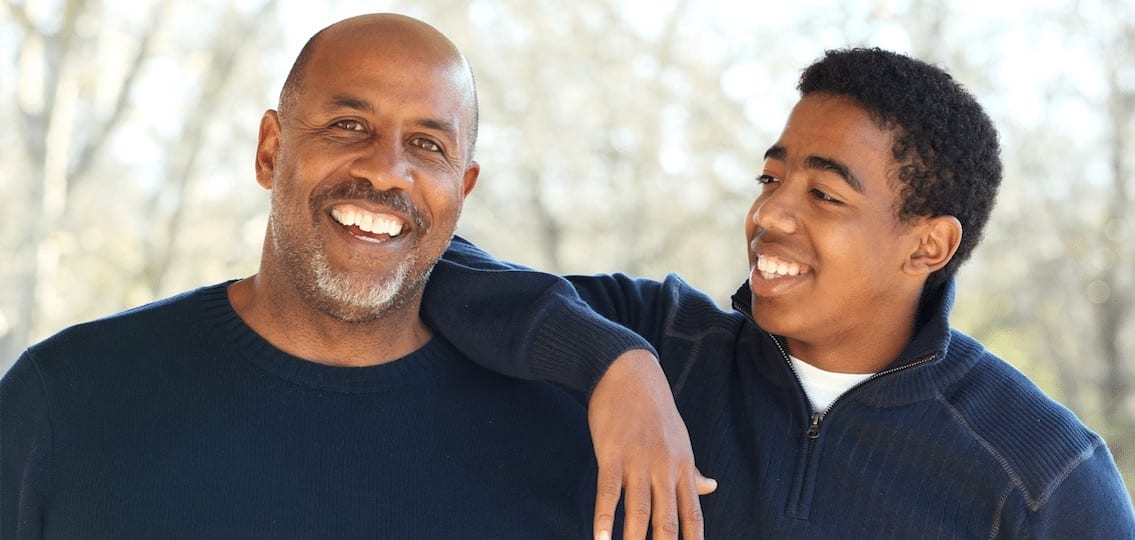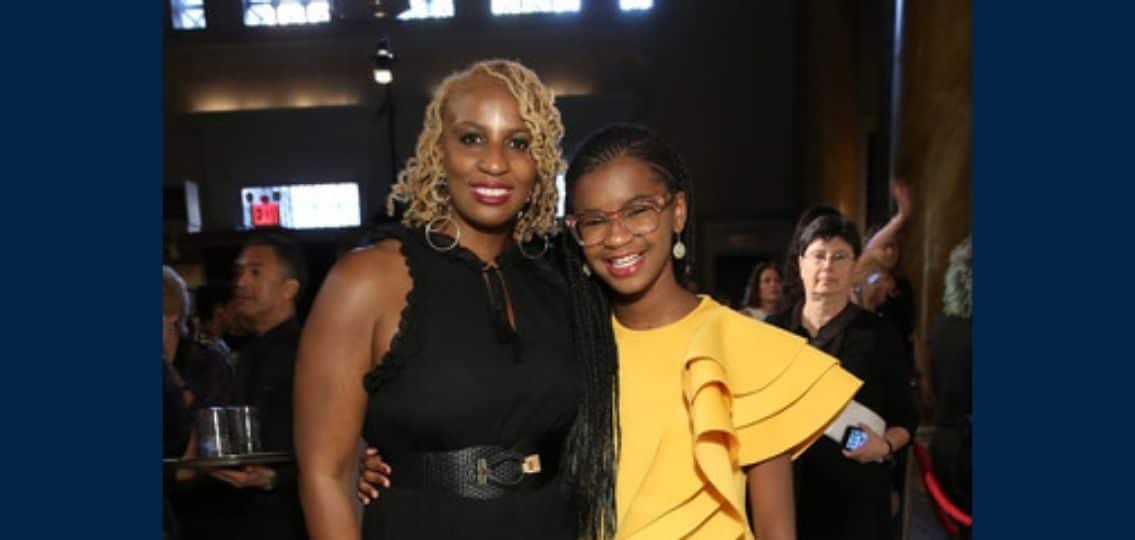As parents, we invest a lot of time and energy into ensuring that our kids will be happy. But after hearing what Dr. Janice Johnson Dias had to say, I am thinking about changing my focus to cultivating joy.
Is there a difference between happiness and joy? According to Dias, president of GrassROOTS Community Foundation professor, and author of “Parent Like It Matters: How to Raise Joyous Changemaking Girls,” there is.
The way Dias explains it, happiness is “fleeting and performative.” We enjoy moments when we smile and feel happy, but the feeling does not last long. In fact, sometimes we even pretend to be happy because people expect us to.
But joy is more permanent. It’s a state of mind and an attitude about life, not just an emotion.
Dias says, “Joy is about knowing oneself and being connected to the world. Joyful people may feel different emotions but they keep an internal optimism.”
Perhaps most importantly, joyful people have a sense of agency. Dias points out that joyful people recognize the connection between joy and changemaking. If they see something that is a barricade to their wellbeing, they problem solve, making the world better for themselves as well as for their community. “They believe that there are greater things ahead because they engaged in the act of contributing to how greater things occur.”
So, can anyone become joyful? The answer, says Dias, is yes.
As an example, Dias shared a story about her daughter, Marley Dias. At 16, she is the founder of the #1000BlackGirlBooks campaign, author of “Marley Dias Gets It Done and So Can You,” and host and executive producer of Bookmarks: Celebrating Black Voices on Netflix.
As Marley’s efforts, which began when she was 11, became recognized, many people exclaimed that she was extraordinary. The commented that she must have been born with the natural ability to be a leader. Nothing could be further from the truth.
Teaching Joy
“She is one of a cohort of girls who have been trained and taught that we are part of an extended community where our health and wellbeing are connected,” Dias explains. The programs at the GrassROOTS Community Foundation teach girls to get engaged with society.
Ironically, Marley encouraged her mother to write her book. “She pushed me to share the story of the work that I’ve been doing for the past decade so that parents and caregivers and educators can see that she’s not a miracle. We can actually create a cadre of children who are invested in their own wellbeing and working to create a new and more equitable society.”
As a sociologist, Dias believes strongly in shaping opportunities for children. “Our lives are determined by our actions and the conditions in which we grow up as well as what resources we have.”
Diaz wants parents, caregivers, and educators to be intentional about teaching children that “regardless of where you were born, regardless of where you are, you too can positively impact the world.”

For Dias and her Super Girls, there is nothing more joyful than “working collaboratively with others to improve society not just for yourself but for your family and all others.”
